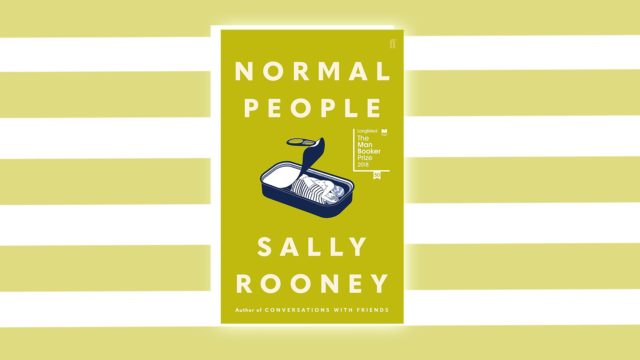
Sally Rooney’s novel “Normal People”, which was nominated for Booker Prize in 2018, is soon going to be a TV series. Psychological issues are recurrent throughout the novel.
But the reviews have been polarising, with many claiming that the book is ill-defined.
The spiritual injury, social and economic statuses are some of the ideas explored which the snooty critics fail to notice.
Mental Health Issues Addressed

The novel’s protagonist is a masochist who during the climax of the book asks the love interest to hit her, she describes herself as degenerate, corrupted, and repeatedly questions why can’t she be ‘normal’?
Here the sex and violence aren’t just a means for titillating the audience but serve a deeper purpose by depicting the ugliness of psychological trauma caused by the physical trauma she suffered from her family.
The Fifty Shades Effect

The bestseller series, despised by many has been notorious for its explicit sex scenes, but people ignore the PTSD mentioned.
There are genuine concerns about stalking, etc. but the hate this series gets is unwarranted. The book mentions the G-Spot and people don’t like the inclusion of things they can’t seem to find.
Acceptance Is Important

Affection and care are of vital importance in the treatment of psychological problems, having people who support you makes it easier. The issues are not always curable; people learn to live with it with the aid of trusted partners and friends who can look past the illness.
This is the trajectory of many such novels. It makes readers more open to speaking about the usually frowned upon topic of mental health, something most people consider an ‘excuse’.
Themes Covered
“Call Me By Your Name” by André Aciman features gentle sensuality and a coming-of-age story about a boy coming to terms with his bisexuality and his forbidden romance.
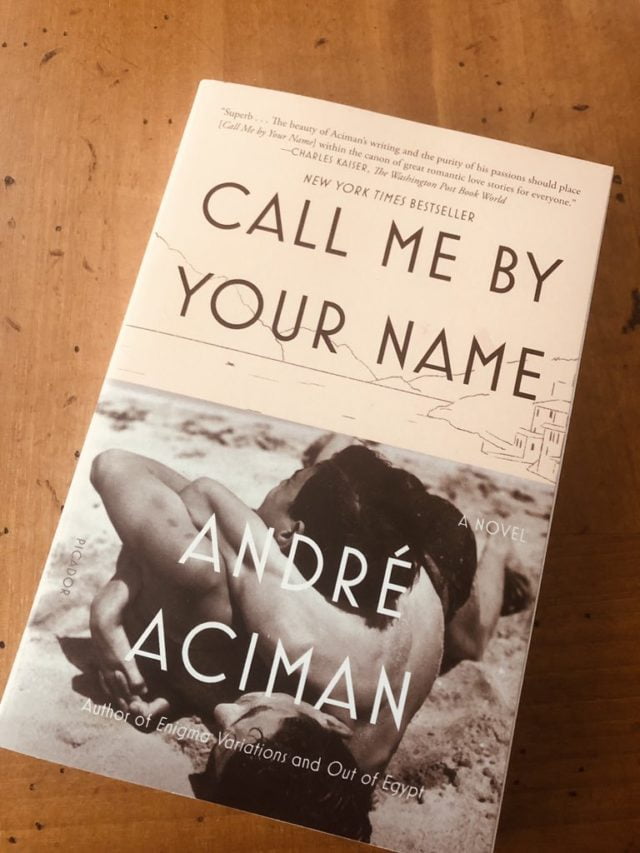
“The Girl In 6E” by A. R. Torre is a gripping thriller focusing on a troubled woman’s turmoil and guilt.

Helen Hoang’s “The Kiss Quotient” has the representation of autism, the author being one herself. How the protagonist overcomes her fear of touch, how her autism shouldn’t stop her from being in a relationship makes for a delightful read.
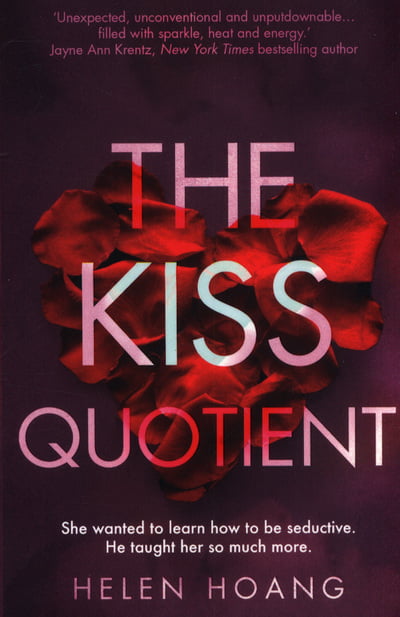
A couple that cares for each other but is forced to confront their sexual incompatibility, dealing with depression, PTSD, trauma, etc. is the basis of such novels.
History Of Banning Literature And Sexual Novels
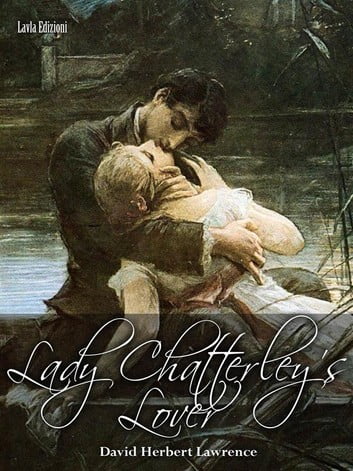
William S. Borough’s “Naked Lunch”, D.H. Lawrence’s “Lady Chatterley’s Lover”, Henry Miller’s “Tropic of Cancer” have all been banned during their initial publication, and were called filthy and pornographic.
It appears that people have always been scared of women’s mammary glands. Today these books are celebrated as the best novels ever written.
Also Read: FlippED: Self Help Vs Fictional Books, Our Bloggers Fight It Out
A Place For Every Novel
Nobody is trying to equate the classics; these books are entertaining and page-turners. Because of their simple language and the straightforward plot, they are looked down on, but not every novel needs to have a 15-page description of the colour of the sky.
Elitism in readers is such that if a novel doesn’t use complex euphemisms and metaphors it is disregarded as inferior. Furthermore, most readers of this genre are female and our misogynistic society has a habit of hating things concerning women.
Fantasies

Novels like this serve as the fulfilment of women’s imagination. The readers are conscious of the suspension of disbelief. The audience-surrogate character being the romantic pursuit of a generous man often exhilarates women who are always told that they’re not ‘good enough’.
People deem these novels as “porn for women”, I would say that’s not a fair comparison as this is still more realistic than most of Pornhub’s catalogue.
Self-realization In Indian Women

In a conservative society like India, where people shy away from even speaking the word ‘sex’, women are often ignorant about their physical and emotional needs. But the popularity of Fifty Shades and the likes has sparked curiosity.
Women are often scared of their wants, afraid they’d be stigmatized for it but this has lead to Indian women becoming more aware of their sexuality; these novels have contributed in removing the taboo around sex, no more “hai tauba sharam nahi aati”.
The Market Is Flooded With Identical Novels
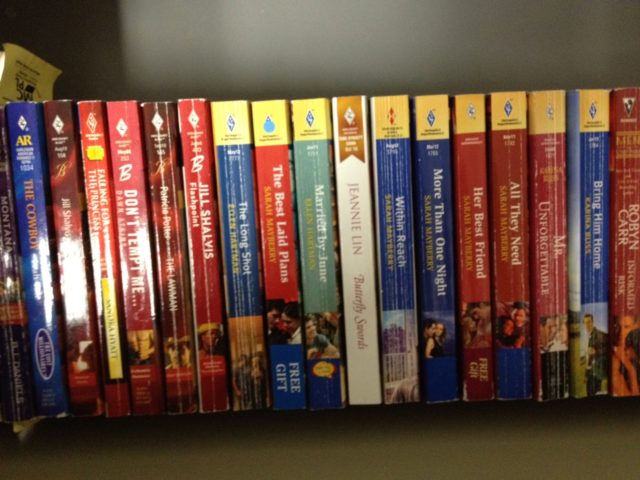
The con here are the copycat writers which result in a lack of variety in storylines. This is a problem in the literary industry.
But this doesn’t mean that all the novels in the genre are to be labelled as ‘trashy’.
We should look beyond the sex scenes, the books are not just for sexual gratification, they have the potential to be more and the reader must look for character development and relatable issues the books shine a light on.
Tell us your thoughts on the matter.
Image sources: Google Images
Sources: Penguin Books, The Guardian, The Booktopia
Find the Blogger: @ishitabajpai6
You’d Also Like To Read:
A Short History Of Bras: Demystifying All The Shebang That Lies Underneath






























